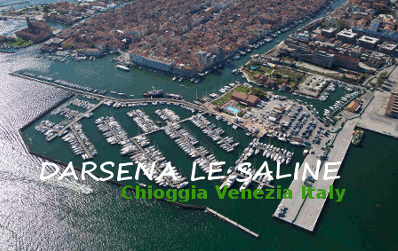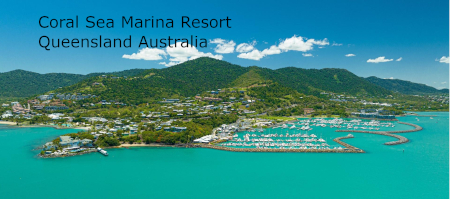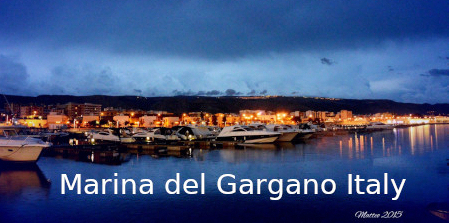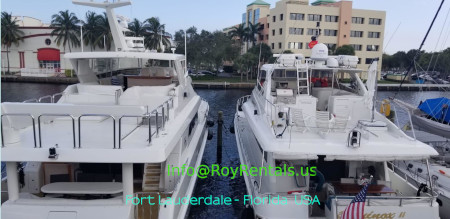The New Integrated MTU Yacht Systems
September 10, 2025With an integrated bridge, an mtu powerhouse as its engine, and an efficient POD system, Rolls-Royce is setting new standards for performance, safety, and sustainability on board yachts.
HP: 2,222, Top speed: 32 knots, Fuel consumption: Down 20 percent
Whether it's performance, speed, or environmental friendliness, the latest developments in Rolls-Royce's portfolio of modular mtu "bridge to propeller" solutions are truly impressive in almost every respect.
"We want to help shipyards build large yachts as efficiently, safely and climate-friendly as possible, and help owners operate them cost-effectively," says Denise Kurtulus, Senior Vice President Global Marine at Rolls-Royce Power Systems. "Accordingly, the individual components, as well as our coordinated complete systems, are designed precisely for this purpose."
BRIDGE-TO-PROPELLER
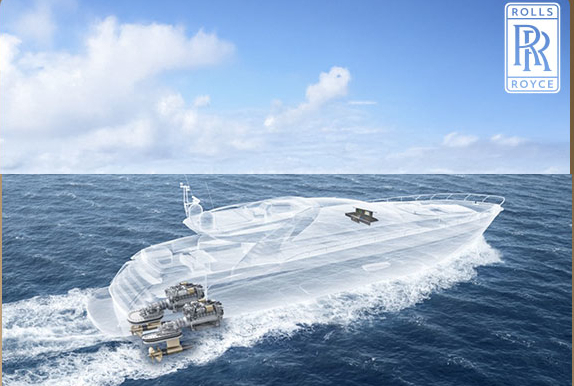
Fully integrated is the key: mtu NautIQ Bridge
The first component of the complete package is the mtu NautIQ Bridge, which was unveiled at this year's Cannes Yachting Festival and is optimized for series-production yachts with a length of 30 to 40 meters. The modern bridge platform integrates numerous instruments for steering, control, navigation, and alarms in a scalable, cost-efficient solution that is also perfectly prepared for future technologies.
"We deliberately designed the mtu NautIQ Bridge so that AI-supported decision-making aids, predictive maintenance, and other innovations can be easily integrated in the future," reports Christian Paolini, Managing Director and Sales Manager at Team Italia Marine, which has been part of Rolls-Royce since 2023.
In addition, the NautIQ Bridge can be easily customized using personalized profiles or configurable displays. "The mtu NautIQ Bridge combines decades of experience and offers the perfect balance between standardization and personalization," says Paolini. "It responds to the changing needs of the market and, at the same time, ensures increased safety, optimized performance, and easier work for the captain and crew."
mtu NautIQ bridge
For vessels from 30 - 40 M
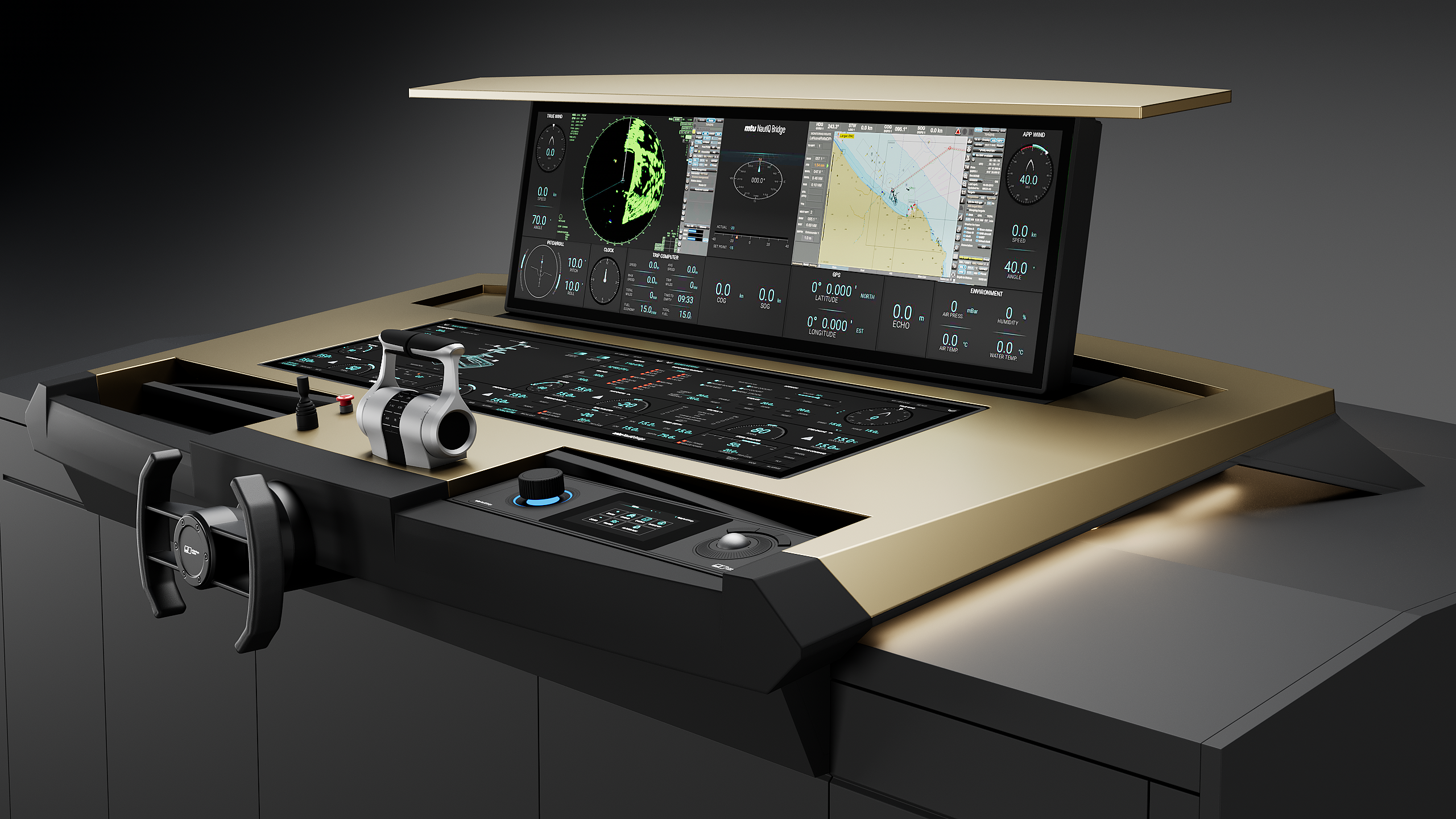
Integrated into bridge platform, Scalable, Customizable
steering, control, navigation, alarms
Powering to the top: mtu 12V2000 M96Z and POD 4600
But it's not just on the bridge that experience makes a noticeable difference; below deck, too, it counts. With around 2,222 hp (1,634 kW), the new 12-cylinder engine in the mtu Series 2000 offers more power than its predecessor - and that with the same compact dimensions. "To achieve these peak values, we not only further developed the turbocharger for the mtu 12V 2000 M96 Z, but also improved the pistons, crankcase, and cylinder heads," reports Denise Kurtulus. The stated goal of the modifications: stronger acceleration with low exhaust emissions.
MTU 2000
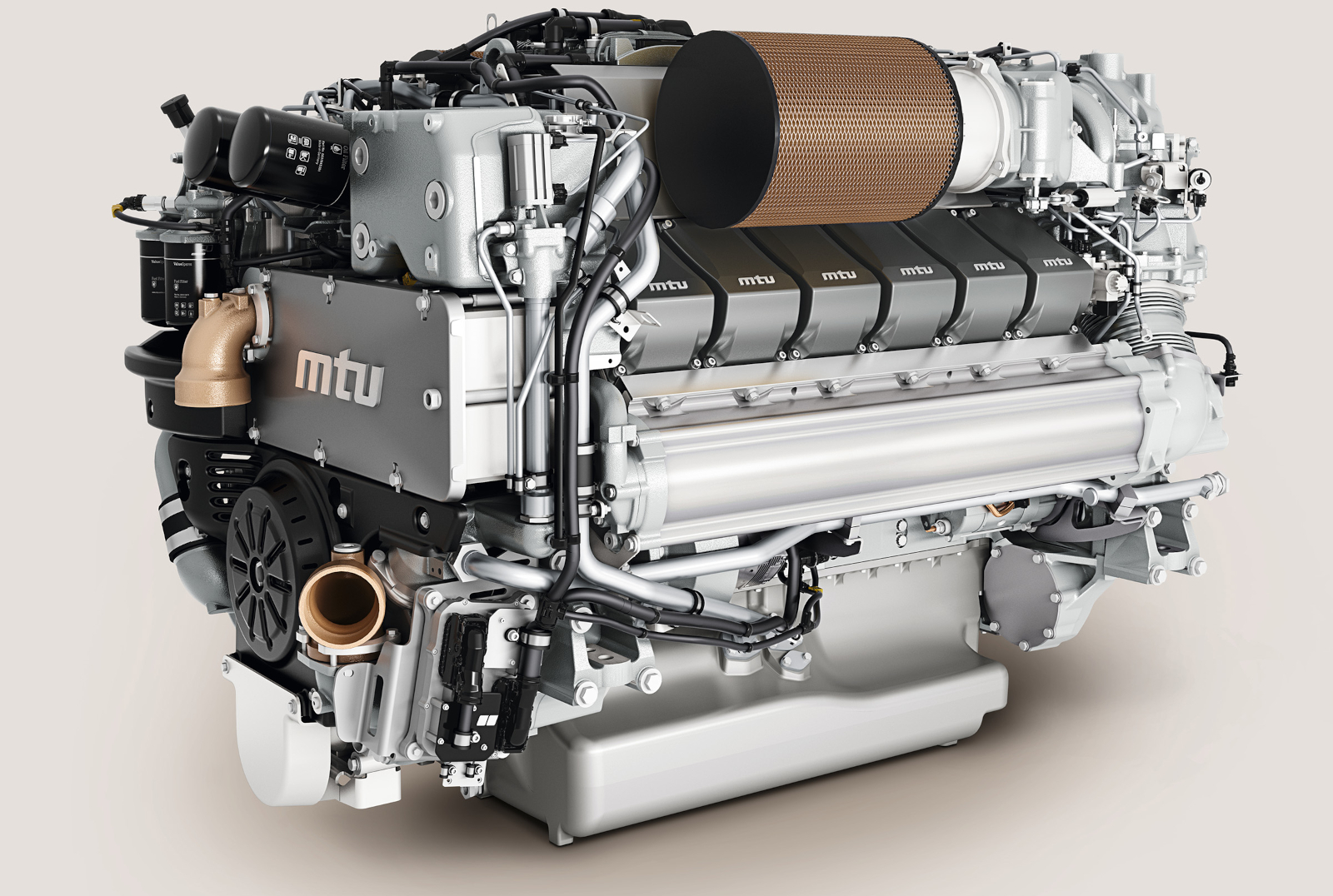
Power 2222hp (1634kW), Cylinder 12
Possible certifications. IMO-II-und EPA-Tier-3
The third component of the "Bridge to Propeller" portfolio is the flexible and fuel-efficient POD propulsion system. The compact POD 4600 combines the gearbox and rudder system, enabling ships to maneuver precisely and efficiently. Fuel savings of up to 20 percent are possible. "In fact, the bridge, engine, and POD are perfectly matched," says Kurtulus. "This not only increases safety for crews and owners, but also efficiency at sea."
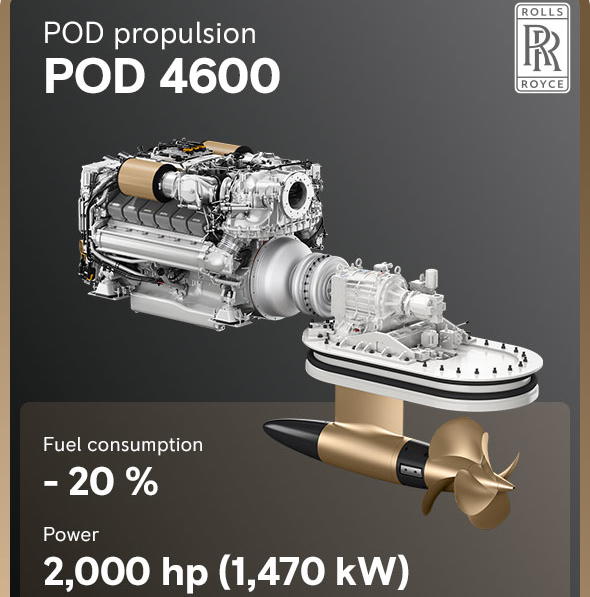
Maximum Speed 32 knots Propulsion efficiency +15 %
The combination of engine and POD has already gone into successful series production - presented by Italian yacht manufacturer Azimut at the Cannes Yacht Show. On the "Grande 30m" yacht, the coordinated system, which has been tested on a special test bench, ensures high performance, comfort, and efficiency.
Sustainability wins
But Rolls-Royce Power Systems' overall system also scores highly in terms of sustainability. Like all modern mtu yacht engines, the 12V 2000 M96Z is approved for operation with HVO, hydrogenated vegetable oil. "This means that a CO2 reduction of up to 90 percent can already be achieved," says Kurtulus. IMO II and EPA Tier 3 recreational certifications are also possible.
Sounds good? In fact, it gets even more sustainable.Combining the new overall system with exhaust gas after treatment, intelligent energy management, or data analysis for optimal fuel consumption, for example, can reduce exhaust emissions even further. This makes them the unbeatable trump card in the yacht technology quartet. mtu NautIQ Bridge? Take that.
 Where Captains meet Dock Owners
Where Captains meet Dock Owners